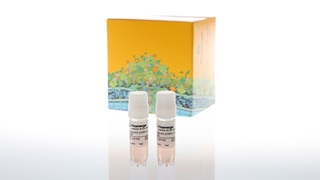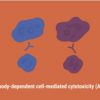Description
T cells play a central role in cell-mediated immunity and can regulate long-term, antigen-specific, effector and memory responses. Immunotherapy strategies aimed at inducing, strengthening and/or engineering T cell responses have recently emerged as promising approaches for the treatment of diseases such as cancer and autoimmunity.
T cell activation is initiated by engagement of the T cell antigen receptor (TCR)/CD3 complex and the co-stimulatory receptor CD28. Engagement of TCR/CD3 on the cell surface leads to intracellular signaling events and the activation of nuclear transcription factors such as Nuclear Factor of Activated T cells (NFAT). In addition, co-engagement of TCR/CD3 with the co-stimulatory receptor CD28 leads to activation of AP-1 and NF-kB pathways. The IL-2 promoter contains DNA binding sites for NFAT, NF-kB and AP-1. Therefore, co-engagement of TCR/CD3 and CD28 results in IL-2 production, which is commonly used as a functional readout for T cell activation.
Traditional methods used to measure TCR-mediated T cell proliferation and cytokine production rely on laborious and highly variable primary peripheral blood mononuclear cells (PBMCs). However, functional reporter bioassays are now available that overcome limitations of PBMC-based assays by providing a workflow that is simple, reproducible, and scalable for antibody screening and drug discovery.












